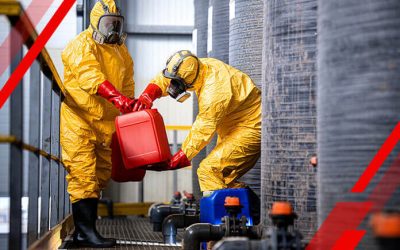Trucking and logistics businesses can generate considerable hazardous and non-regulated waste. Learn about the types of waste and how a waste vendor can help.
Service Request
Have waste that requires compliant handling or disposal? Fill out our service form and an MCF Environmental Representative will get back to you quickly with next steps!
Please note we do not provide disposal services for household waste

















